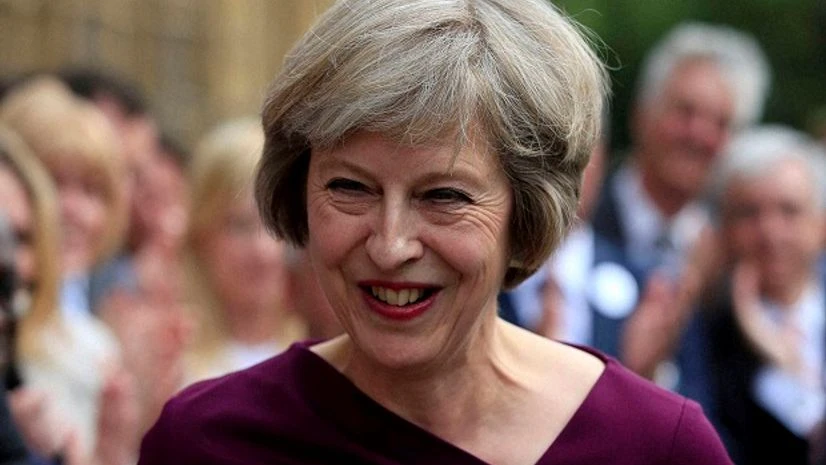British Prime Minister Theresa May will meet Scottish First Minister Nicola Sturgeon in Edinburgh for talks on the future of the EU and the union.
Sturgeon wanted to discuss options to protect Scottish interests, which she believes have been put "at risk" by Britain's pull out from the EU, BBC reported.
May has vowed to fully engage with the Scottish government on Brexit negotiations.
May said her message was that the UK government was on the side of Scots.
"This visit to Scotland is my first as prime minister and I'm coming here to show my commitment to preserving this special union that has endured for centuries," May said.
"And I want to say something else to the people of Scotland too: the government I lead will always be on your side," BBC quoted her as saying.
More From This Section
"Every decision we take, every policy we take forward, we will stand up for you and your family — not the rich, the mighty or the powerful. That's because I believe in a union, not just between the nations of the UK, but between all of our citizens."
Scottish Secretary David Mundell described the idea of Scotland remaining within the UK at the same time as remaining in the EU as "fanciful".
"I certainly don't think it's possible for Scotland to remain within the EU and the rest of the UK to be outwith the EU. I think that is fanciful."
Mundell said Nicola Sturgeon and Theresa May would have a "constructive" relationship and their collective aim would be to get the best deal for Scotland and the UK in the EU negotiations.
"May doesn't agree with Scotland being an independent country, I don't agree and two million people in Scotland who voted in our own referendum don't agree with that. So we're not going to be in agreement with that and we're not going to be in agreement with the idea that there should be another independence referendum."
Sturgeon hoped she would encounter a prime minister who was "open minded and constructive" about the options for Scotland.
The first minister said she wanted to find ways to protect areas including trade, university research, the rights of workers and influence on global policy such as climate change.

)
